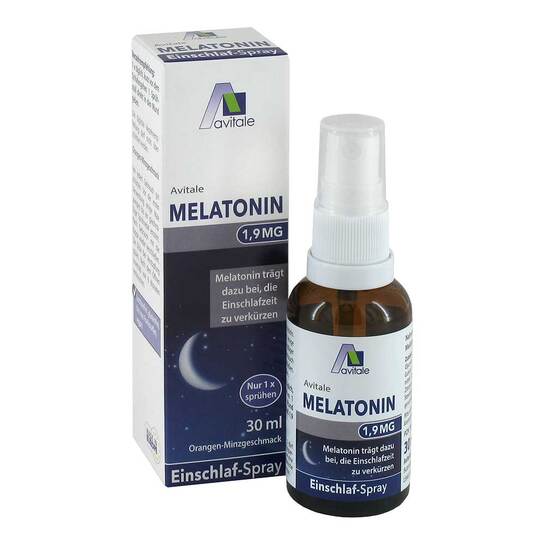
Introduction to Melatonin
Melatonin, a hormone produced by the pineal gland in the brain, plays a crucial role in regulating our sleep-wake cycle.
Its importance has heightened in recent years as more individuals seek natural remedies to combat sleep-related issues, especially in the wake of rising stress levels and changes in lifestyle exacerbated by the COVID-19 pandemic. Understanding melatonin can aid in appreciating its potential benefits and considerations for use.
What is Melatonin?
Melatonin is commonly referred to as the ‘sleep hormone’ because of its pivotal role in sleep regulation. It is secreted in response to darkness, signalling to the body that it is time to prepare for sleep.
Supplements are available to help individuals who struggle with insomnia, jet lag or other sleep difficulties. The global market for melatonin supplements has been expanding rapidly, with a recent report suggesting a projected growth rate of 8.5% annually through 2026, driven by increasing consumer awareness and demand for natural sleep solutions.
Recent Research on Melatonin
Recent studies illustrate the benefits of melatonin supplementation. A 2023 review published in the journal Sleep Medicine Reviews indicates that melatonin not only facilitates falling asleep faster but also improves the quality of sleep in various age groups.
Furthermore, research has explored melatonin’s effectiveness beyond sleep, such as its potential role in managing anxiety and depression. A study in 2022 highlighted that melatonin may help alleviate symptoms in patients with PTSD, showing promise for therapeutic applications outside of sleep disturbances.
Considerations and Safety
While melatonin is generally considered safe for short-term use, some health experts advise caution. Potential side effects may include dizziness, daytime drowsiness, and alterations in mood. It’s recommended that individuals consult with healthcare providers, especially if they are pregnant, nursing, or taking other medications that could interact with melatonin.
Moreover, melatonin’s dosing is not standardised, and what works for one person may not work for another, emphasizing the need for personalised approaches when considering supplementation.
Conclusion: The Future of Melatonin Research
As the awareness surrounding sleep health grows, melatonin continues to be a focal point of study and discussion. With ongoing research into its multifaceted benefits, the future may reveal even more about this hormone’s capabilities. For consumers, understanding the implications of melatonin use can empower better choices as they seek solutions for improved sleep quality. As we move further into 2023, the potential for melatonin in addressing broader health issues will remain a significant topic in sleep science and holistic health practices.
You may also like

Understanding Melatonin: Uses, Benefits, and Importance

A Comprehensive Guide to High Blood Pressure Medication

Understanding the Importance of Bones for Our Health
SEARCH
LAST NEWS
- Remembering Wendy Richard: The Promise to Co-Star Natalie Cassidy
- How Did Anglian Water Achieve an ‘Essentials’ Rating for Mental Health Accessibility?
- Shai Hope Leads West Indies in T20 World Cup Clash Against South Africa
- What We Know About Weston McKennie: Future at Juventus and Past at Leeds
- What We Know About the Upcoming Live Nation Antitrust Trial